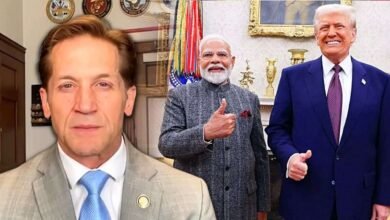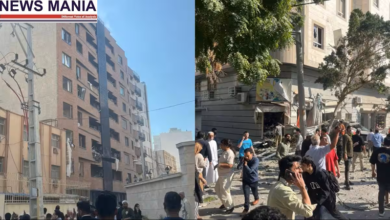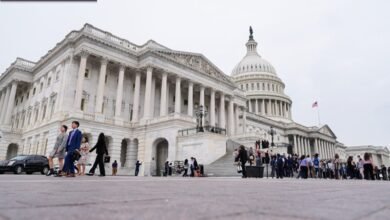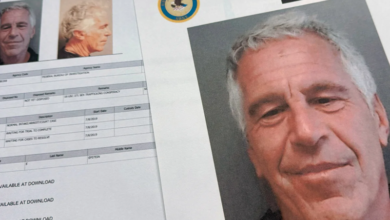According to sources, China may conduct military exercises close to Taiwan during the president’s trip to the Pacific.
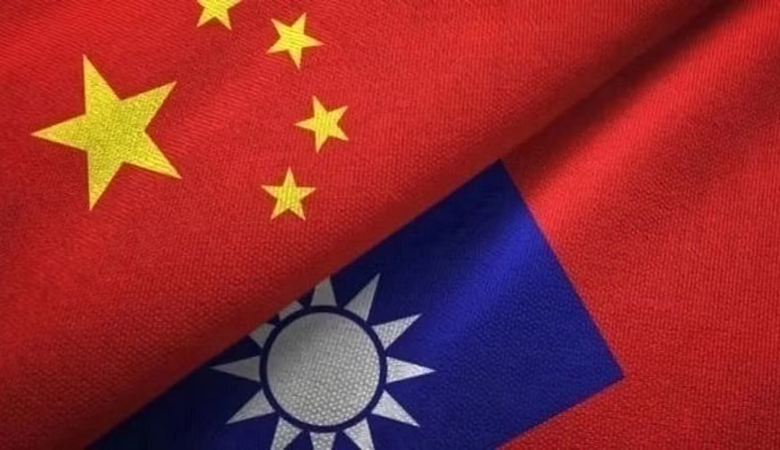
News Mania Desk / Piyal Chatterjee / 27th November 2024
Taiwan and regional security authorities predict that China would use President Lai Ching-te’s planned U.S. transit and upcoming Pacific trip as an excuse to begin military exercises in the vicinity of Taiwan in the coming days. In a delicate tour that comes soon after the U.S. election, Lai will begin a visit to Taipei’s three diplomatic allies in the Pacific on Saturday. Sources told Reuters that he was scheduled to make stops in Hawaii and the U.S. territory of Guam.
Lai, whom Beijing refers to as a “separatist,” is strongly disliked by China, which considers democratically controlled Taiwan to be its own territory and the most crucial issue in its dealings with Washington. According to sources acquainted with the trip, Lai’s office has not yet confirmed the specifics of what are officially stop-overs in the United States, but is anticipated to do so soon before he leaves. According to four regional officials briefed on the subject—who asked not to be named because of the sensitive nature of the issue—Beijing may carry out military maneuvers during or soon after Lai’s trip, which concludes on December 6.
Although the government has requested the United States not to allow Lai to cross, China’s defense ministry did not reply to a request for comment. Lai’s transit stops were described as “essentially provocative acts that violate the one-China principle” by Chen Binhua, the spokesperson for China’s Taiwan Affairs Office, on Wednesday. A request for response from the White House and Taiwan’s defense ministry was not answered.
In an effort to put pressure on Taipei, China has already conducted two rounds of significant exercises outside Taiwan this year. They were designated “Joint Sword – 2024A” in May and “Joint Sword – 2024B” in October. According to a Taiwan security official, China may “repackage” ongoing regular military operations in the East China Sea or South China Sea, bringing them closer to Taiwan and renaming them “Joint Sword – 2024C.” According to the source, Beijing may increase the scope of its regular “joint combat readiness patrol”—which usually consists of air force and naval exercises near Taiwan—and conduct a “targeted” exercise near the end of Lai’s stay.
Regarding the first island chain, which encloses China’s coastal seas and extends from Japan through Taiwan, the Philippines, and on to Borneo, the official stated that Beijing wants to demonstrate to the incoming U.S. administration of President-elect Donald Trump that it is “China’s sphere of influence” and that Lai’s visit could serve as a “pretext.” The official stated that the military exercises were intended for the United States and its allies and that “Beijing hopes to draw a red line and establish its power” during the changeover of the U.S. government and broaden its area of influence. According to a second source, a regional security officer located in Taiwan, the exercises will likely have a smaller scope than the two previous rounds this year because of the unpredictable winter weather in the Taiwan Strait.
According to a third person with knowledge of security evaluations surrounding Taiwan, China may utilize drills in the upcoming weeks to gauge how well the Trump administration is doing financially. According to two of the insiders, better weather in the days leading up to Lai’s travel could lead to an early or postponed use of force. When traveling to and from distant allies, Taiwanese presidents usually use their stops in the US to meet with sympathetic legislators and deliver speeches. Lai will travel to three of the 12 nations that still have formal diplomatic relations with Taipei: the Marshall Islands, Tuvalu, and Palau.
China’s military response to this visit would not be unprecedented. When then-Vice President Lai returned from the United States in August of last year, and when then-President Tsai Ing-wen returned from California in April of the same year, it did so. Beijing’s claims of sovereignty are rejected by Lai and his ruling Democratic Progressive Party, which maintains that only the people of Taiwan have the right to determine their own destiny.



